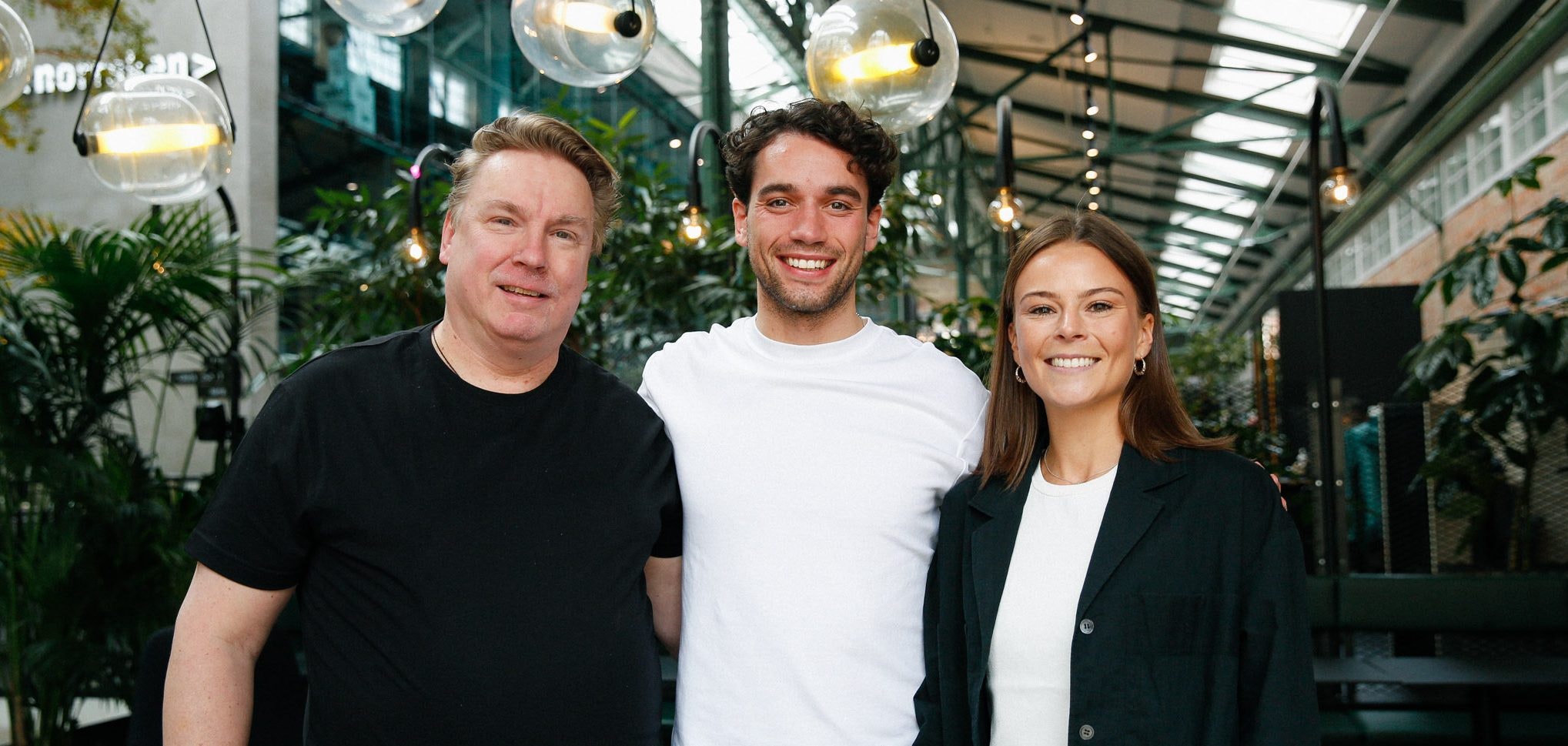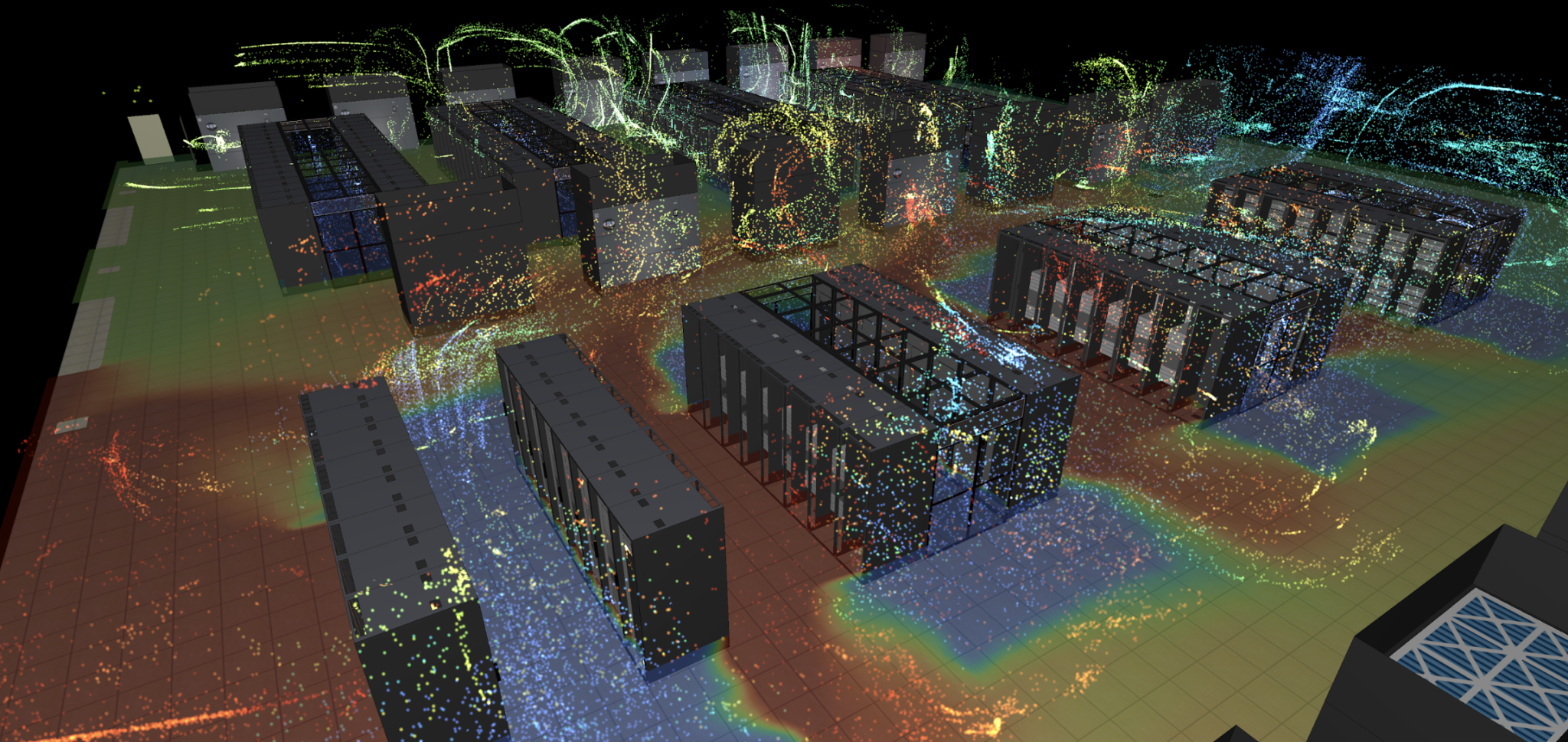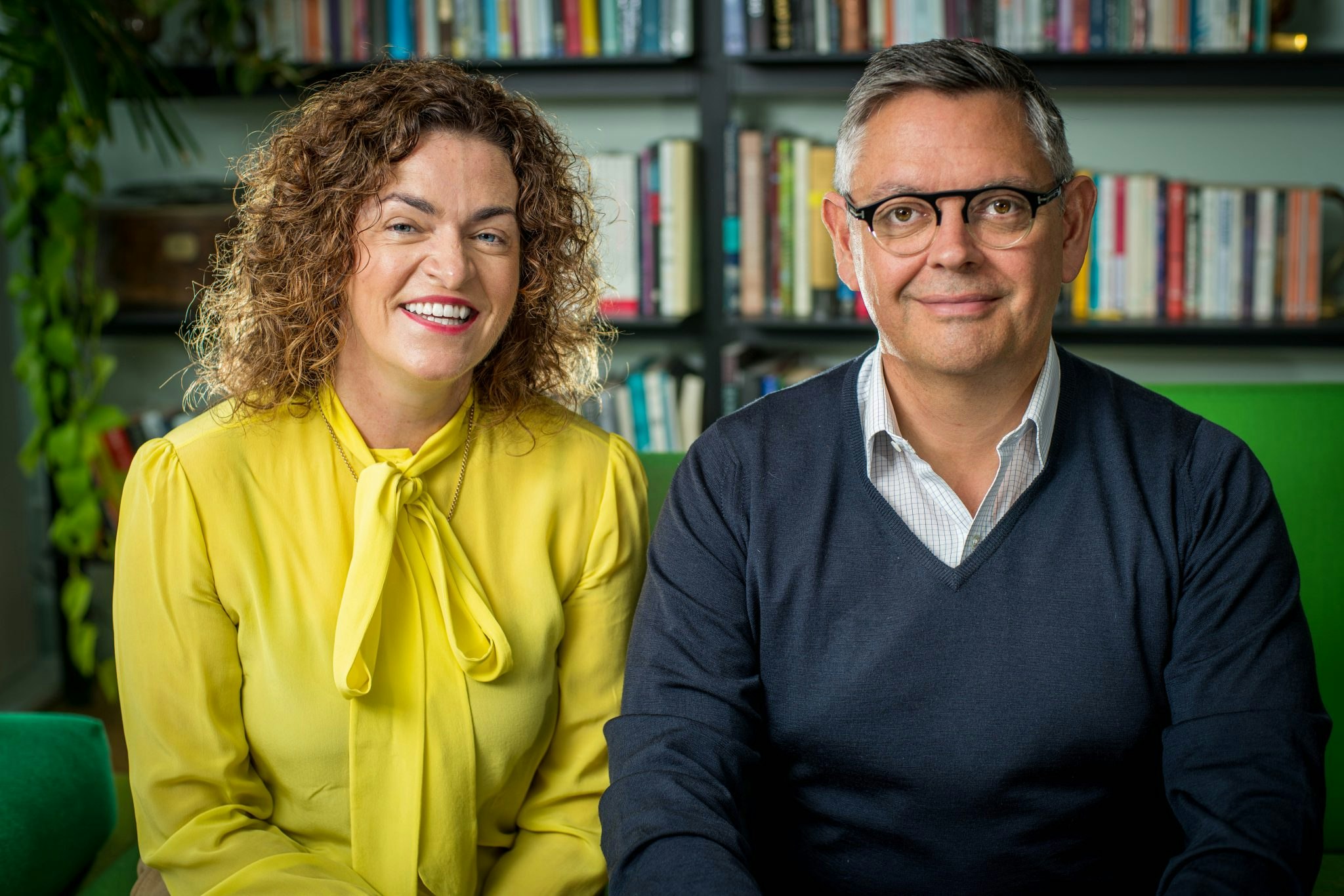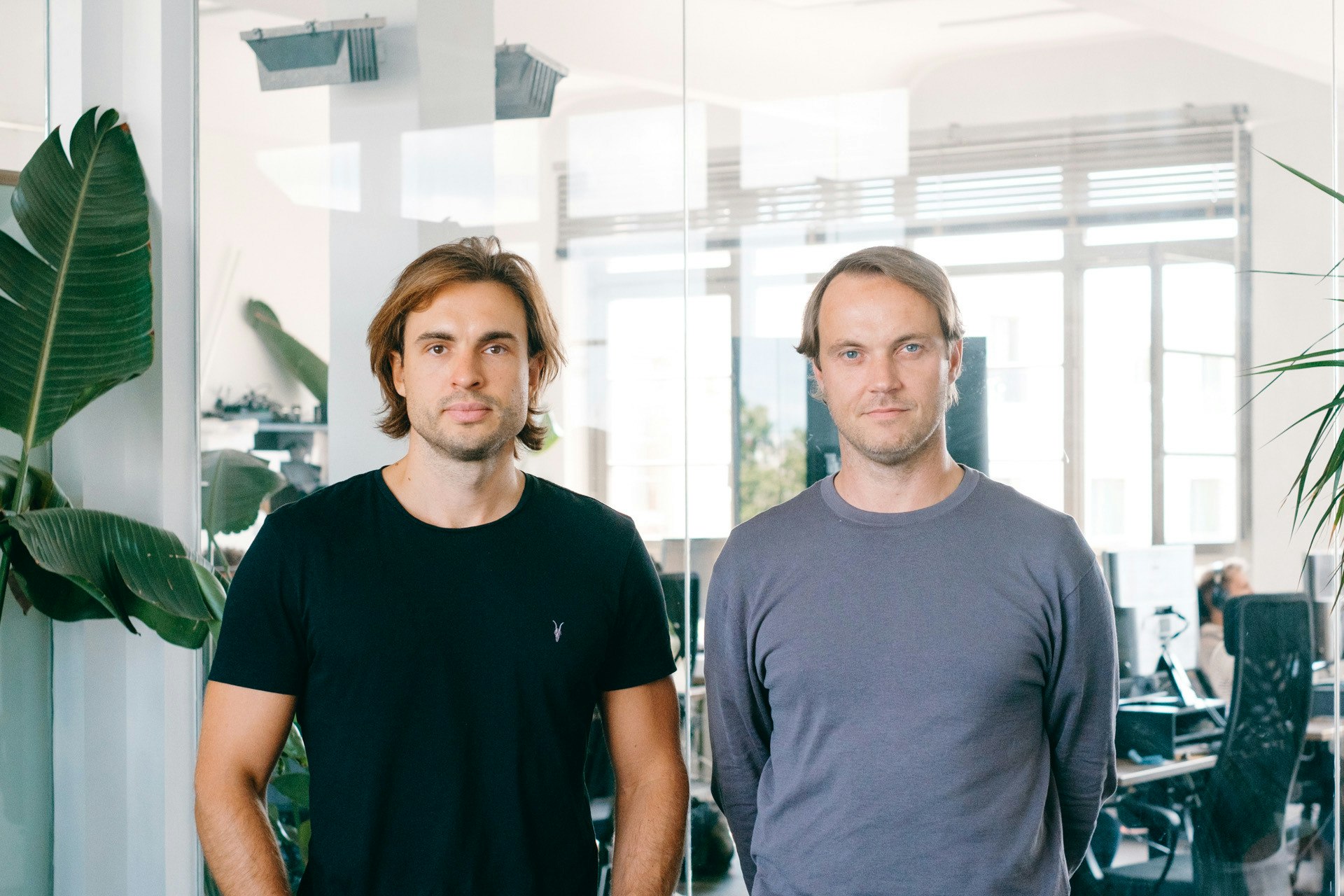There are around 1.5bn cows raised for meat production all over the world, which emit over 230bn pounds of methane gas every year. The gas is estimated to be responsible for about 30% of the rise in temperatures since the Industrial Revolution.
Reducing its presence could help prevent us from reaching critical climate tipping points. That said, it is unlikely that most people will become vegan in the foreseeable future to help save the climate crisis. This is the problem that Swedish startup Agteria hopes to achieve through synthetic biology.
The red seaweed solution
The company is working on a solution that it says can stop cows from emitting so much methane in the form of burps and farts. It’s doing this by creating a feed for livestock derived from a novel patent-pending molecule that works in a similar way to the red seaweed asparagopsis, which has been shown to lower cows' methane emissions — sometimes by as much as 80% by inhibiting microorganisms in the animal's stomach.
Agteria is not alone in trying to find a viable solution to livestock methane emissions. Australian startup Rumin8 secured $12m from Bill Gates’s Breakthrough Energy Ventures last year for its methane-reducing supplements.
Similar to Rumin8 is Sweden’s Volta Greentech, which has secured $6.4m in funding from backers like Peter Carlsson, founder of climate tech unicorn Northvolt.

While some companies have chosen the path of feeding cows with asparagopsis, Agteria’s cofounder Martin Blomberg doesn’t believe it is possible to produce enough of the seaweed to cater for 1.5bn cattle – and not to a price farmers or dairy producers are willing to pay.
“The problem is that it is very expensive to scale up this entire production of red seaweed,” Blomberg says. “It’s both difficult to grow algae and you need lots of it to feed the cows. It becomes incredibly expensive to produce.”
Blomberg and his cofounder Tommi Remonen have instead found a molecule, which can be made into a compound to mix with the minerals that farmers already buy for their cattle, and still reduces methane emissions from livestock by 50-70%.
“If you compare it with red algae, it is almost a hundred times cheaper and much more scalable,” Blomberg says. “We already have large quantities of the material to create our molecule and we can use existing infrastructure to produce several tonnes.”
Getting dairy producers involved
Agteria was founded in November 2023 and recently raised €1.4m led by Swedish impact investor Norrsken Launcher to take its patented molecule through the European Food Safety Authority (EFSA) and to set up studies with universities to test it further. Blomberg hopes it will take less than three years to get approval from the EFSA, partly because others have already paved the way with other products.
In 2022, the chemical 3-nitrooxypropanol (3-NOP), sold under the brand name Bovaer, was approved for use in dairy cows in the EU. The chemical can reduce methane emissions by an average of about 30% in dairy cows and 45% in meat cattle, according to a report by the Swedish Environmental Protection Agency.
To get the farmers to feed their cattle with Agteria’s powder mixed with minerals, Agteria is focusing its efforts on persuading large dairy producers such as Arla, Danish Crown and Nestlé to pay for it. Blomberg points out that these dairy producers have pledged to cut their emissions by 50% by 2030 as of the Greenhouse Gas Protocol.
“We already have letters of intent with some of the largest meat and dairy producers in Europe and are in discussions with some of the largest in the world. They are the ones that will cover the costs,” Blomberg says.
Alongside its methane reduction solution, the company is also starting to look at new products.
“We are drafting new products now so this is not our silver bullet. Our vision is to decarbonise agriculture as a whole and to do it as impactful and effectively as possible,” Blomberg says.


